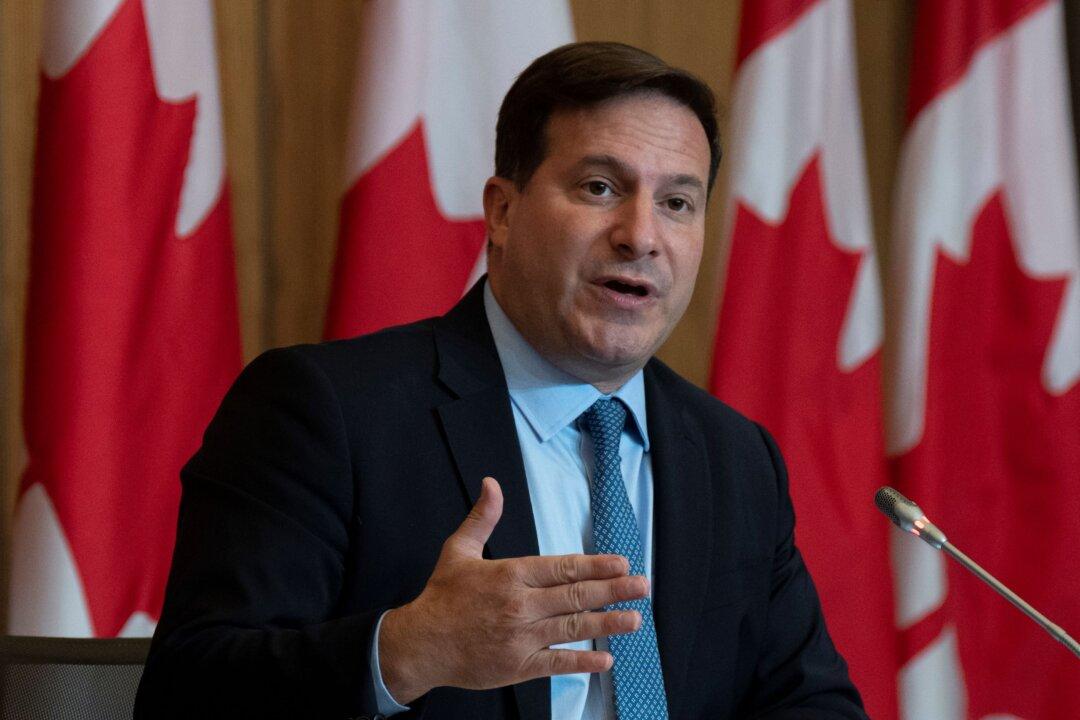The RCMP is caught between Ottawa’s intention to seize firearms and the provinces of Alberta, Saskatchewan, and Manitoba, which contract with the national police force but don’t want to use it to have the guns seized.
Two years ago, the federal government declared 1,500 previously legal guns illegal, and subsequently announced a buyback program whereby owners would be compensated for an assigned value of their forfeited guns.





